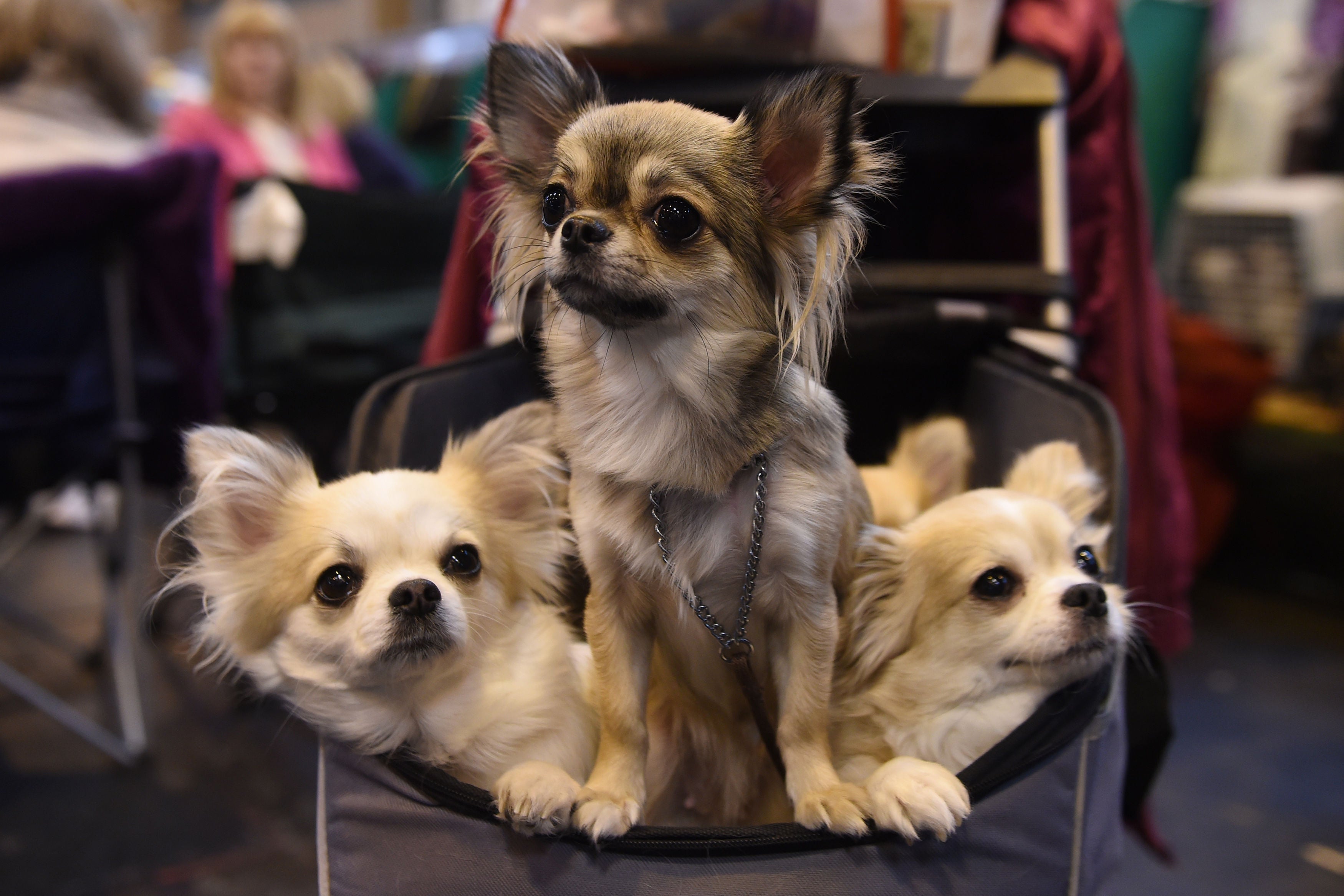Chihuahuas share gene that makes them small with ancient wolves, study suggests
It has long been believed that small dogs exist as a result of domestication.

Small dogs such as Pomeranians and Chihuahuas share a body size gene mutation with ancient wolves, new research has suggested.
It has long been believed that small dogs exist because after the animals were domesticated, humans wanted small, cute pets.
However, a new study identified a gene mutation associated with small body size that was present in wolves more than 50,000 years ago, long before domestication.
It’s as though nature had kept it tucked in her back pocket for tens of thousands of years until it was needed
The team found a mutation in a growth hormone-regulating gene that correlated to dog body size, and held true when 200 breeds were looked at.
The National Institutes of Health (NIH) researchers worked with Greger Larson at the University of Oxford and Laurent Franz at Ludwig Maximilian University to look through ancient wolf DNA to see when the mutation – called IGF-1 – first showed up.
When the researchers looked at the DNA of a 54,000-year-old Siberian wolf, they discovered it also had the mutation.
Geneticist Elaine Ostrander, of NIH said: “It’s as though nature had kept it tucked in her back pocket for tens of thousands of years until it was needed.”
According to the researchers, the finding holds true for coyotes, jackals, African hunting dogs and other members of the family of animals referred to as canids.
Dr Ostrander said: “This is tying together so much about canine domestication and body size, and the things that we think are very modern are actually very ancient.”
The researchers now plan to continue investigating the genes that regulate body size in dogs.
The findings are published in the Current Biology journal.